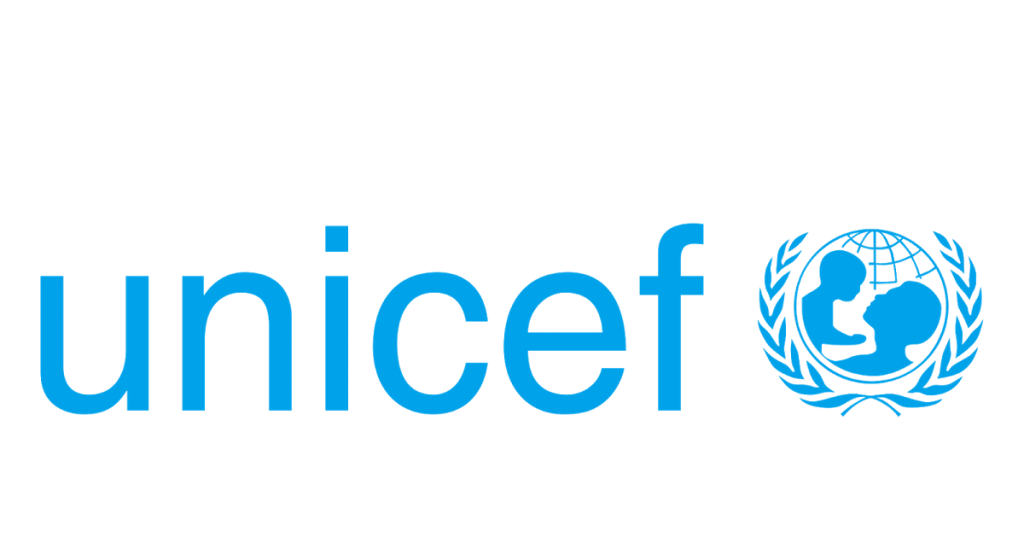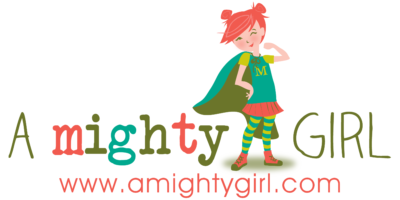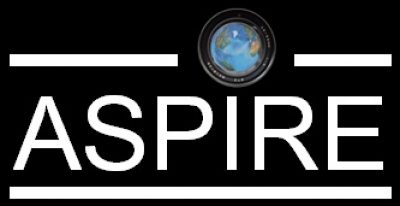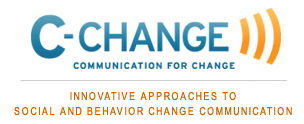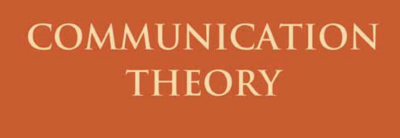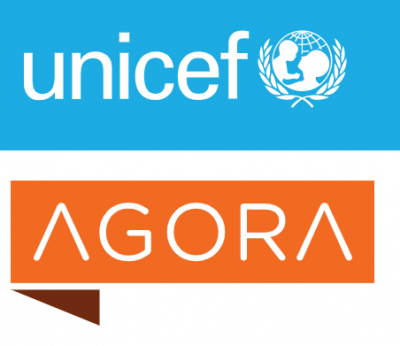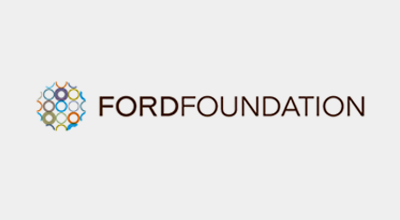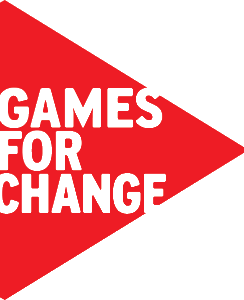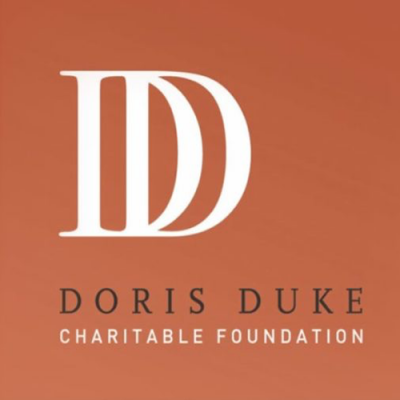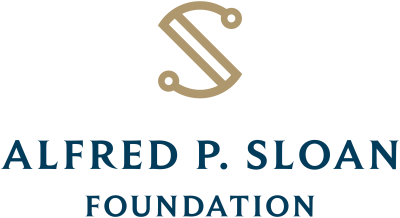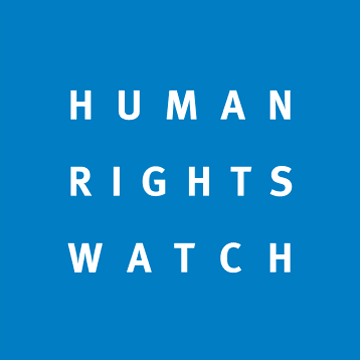UNICEF saves children’s lives, defends their rights, and helps them fulfill their potential.
Communication for development (C4D) is central to everything UNICEF does. Engaging with women to exclusively breastfeed, with boys and men to prevent domestic violence, with families to send their girls to school, and parents to vaccinate their children – all hinge on UNICEF’s ability to understand people’s attitudes, cultural practices and norms and engage in meaningful dialogue with them.
If health centres are equipped and staffed, yet unattended; vaccines ordered and delivered, but unused; and schools filled with books and teachers, and no students; then results for children cannot be achieved.
UNICEF has a strong track record of amplifying the voices of children and communities by harnessing the power of communication to promote child survival, development, protection and participation. Working in partnership with national governments, civil society organizations and development agencies, UNICEF Communication for Development (C4D) employs a mix of social mobilization, advocacy and behaviour and social change strategies on issues ranging from polio immunization to birth registration, from Ebola response to girls’ education, from exclusive breastfeeding to prevention of HIV and AIDS.


